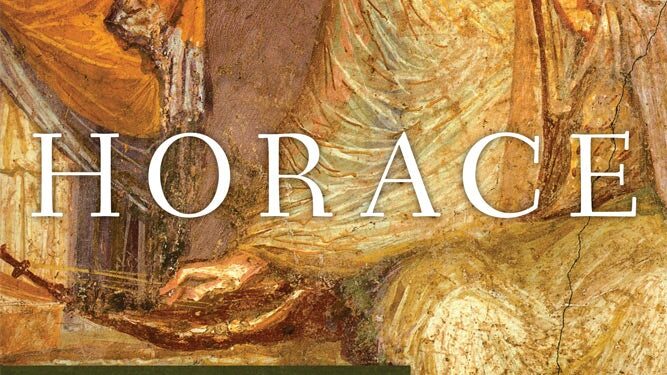Examine the themes of Horace’s satires
Examine the themes of Horace’s satires-Quintus Horatius Flaccus, a.k.a. Horace, was a Roman poet and satirist whose varied output permanently altered Latin literature. The Satires, a compilation of literary works showcasing his wit, humor, and astute observations on Roman society, are among his noteworthy contributions.
I. Satire as a Reflective Mirror:
A. Social Critique:
- Social criticism is one of the main themes in Horace’s Satires. Horace utilizes satire as a means of commenting on the customs, beliefs, and actions of his day. He critiques the excesses, pretensions, and moral slackness that characterized Roman society through a humorous and sardonic lens. This theme carries on as a timeless commentary on the state of humanity, provoking readers to consider the excesses and vices of their own society.
B. Human Foibles and Imperfections:
- Horace’s Satires are full of depictions of the flaws and vices of people. Horace exposes the shortcomings that characterize human nature, whether they are related to the chase of wealth, the need for power, or the foolishness of excessive ambition. By providing a direct analysis of the universal aspects of the human condition, this theme resonates with readers across time and surpasses cultural and historical boundaries.
II. Philosophical Reflections:
A. Epicureanism:
- Because Horace was an Epicurean, his Satires are infused with this philosophical viewpoint. Recurring themes include the pursuit of a modest and uncomplicated life, the development of friendship, and the denial of pointless desires. Because the pursuit of a well-balanced and contented life is a universal aspiration, Horace’s embrace of the tenets of Epicureanism adds to the Satires’ lasting appeal.
Also Read-
ADVERTISEMENT
- Write a detailed note on akam and puram poetry in Cilappatikaran.
- Evaluate Oedipus Rex as a tragedy for all times
B. Carpe Diem:
- In Horace’s Satires, the idea of “carpe diem,” or seizing the moment, is prevalent. This idea in philosophy exhorts people to live in the present and acknowledge how short life is. Across cultures and eras, Horace’s appreciation of the present moment and his thoughtful understanding of its fleeting nature resonate and encourage readers to cherish the abundance of the present.
III. Literary Satire:
A. Self-Deprecation and Irony:
ADVERTISEMENT
- Horace frequently uses irony and self-deprecating humor in his satires. He participates in a literary satire that goes beyond the details of Roman society by focusing on himself. This theme fosters a universally applicable sense of humility and self-awareness by encouraging readers to reflect on the limitations and follies of their own perspectives.
B. Genre and Style:
ADVERTISEMENT
- The blending of different genres and styles within the Satires is another notable theme. Horace seamlessly weaves together elements of lyric poetry, dialogues, and prose, creating a multi-faceted literary experience. This thematic richness adds to the enduring appeal of the Satires, as readers from diverse backgrounds can find elements that resonate with their literary sensibilities.
IV. Legacy and Enduring Relevance:
A. Influence on Satirical Tradition:
- The literary satirical tradition has been greatly impacted by Horace’s Satires. Horace’s astute and humorous approach to social criticism has served as an inspiration to writers throughout history, such as Voltaire, Juvenal, and Swift. The enduring relevance of the themes explored in the Satires is further demonstrated by this legacy.
B. Timelessness of Human Experience:
- Ultimately, the themes in Horace’s Satires endure because they tap into the timeless aspects of the human experience. Whether addressing the societal dynamics of ancient Rome or offering philosophical reflections on life, Horace’s insights remain pertinent to readers today. The universality of human folly, the pursuit of a meaningful life, and the power of satire as a mirror to society ensure that the themes explored by Horace transcend the boundaries of time and culture.













